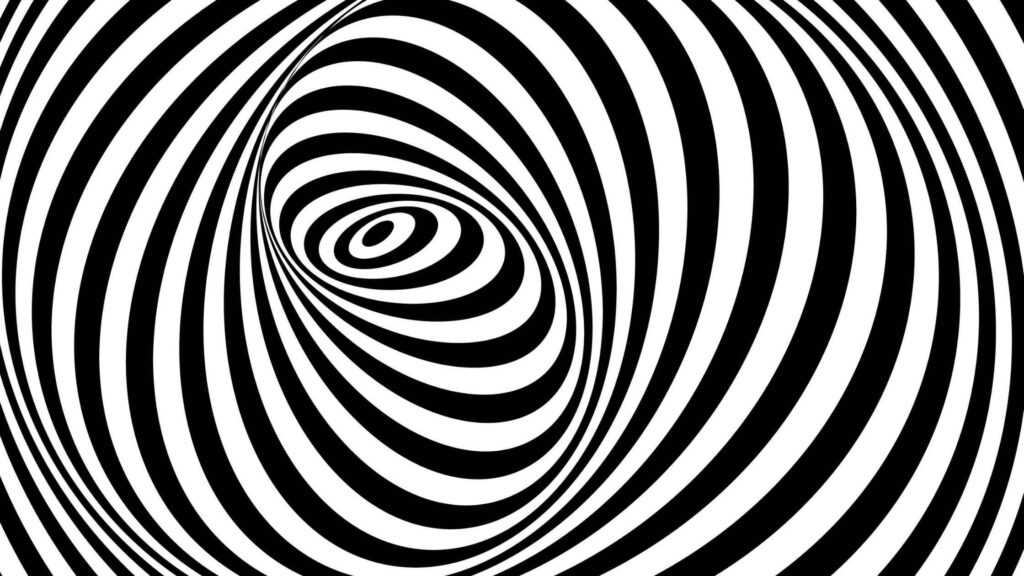Hypnosis, now recognized as a real therapeutic tool, is used not only in practice but more and more in hospitals to reduce pain, replace light anesthesia, etc.
This practice also has many effects on sleep, indeed , hypnosis sessions to sleep deeply and quickly are effective in treating stress and anxiety that lead to sleep disorders, such as insomnia for example.
Also read: Help! I Have Insomnia: What Should I Do?
Let’s go.
Hypnosis For Stress Management
When we sleep, certain areas of the brain are muted while others attempt to reduce stress and anxiety.
Practicing hypnosis allows you to interrupt your thoughts and lead to a certain disconnection in order to be able to sleep well.
It allows you to fall asleep faster and get a restful and longer sleep. Hypnosis only works if the patient has the will and believes in the benefits of this practice.
Treating Sleep Disorders With Hypnosis
Insomnia, the most common disorder
There are 3 types of insomnia: difficulty falling asleep, frequent and prolonged nocturnal awakenings and early awakenings.
All these difficulties encountered reduce sleep time, which modifies the recuperative effect. Even if sleep duration is only slightly shortened, alarm clocks interrupt sleep cycles, send activity to the brain, and disturb the mind throughout the night.
Then, we notice daily fatigue, which might also include a lack of focus.
These disorders will gradually cause apprehension about not being able to sleep, being tired the next day, not concentrating at work, and generating stress at every moment of going to bed.
This pathology is called intellectual hyperactivity around insomnia.
Treat Insomnia With Hypnosis
Mainly recommended to regulate the sleep cycles that animate our nights, hypnosis can also improve the quality and duration of sleep by working on letting go of your mind.
It also acts on the negative anticipation to fall asleep quickly and to sleep well to leave room for appeasement.
Hypnosis brings the patient to a modified state of consciousness which can be felt differently depending on the person.
A feeling of being awake and asleep sets in and the mind opens up more easily to the imagination.
Hypnosis allows, after a few sessions, to reduce or even stop the consumption of sleeping pills since better quality sleep follows.
What Are The Results ?
The effects of hypnosis on sleep depend on each person but can be felt from the first session.
Between 50% and 85% have positive effects on their sleep after only two sessions in terms of quality of sleep and time to fall asleep.
For more complex disorders that have been established for some time, it will take up to ten sessions spaced one to two weeks apart.
The price of the sessions vary and are (for now) not reimbursed by Social Security. You can ask your doctor for advice so that he recommends competent practitioners.
Self Hypnosis For Sleep
After several sessions with a hypnotherapist, you can learn to practice self-hypnosis to prolong the treatment you have started.
You can use audio recordings or do your own session. The therapist can give you focusing and visualization techniques similar to those in sophrology, to allow you to fall asleep quickly.
For example, visualizing a pleasant place, object or image, looking for details and drawing outlines can calm anxiety since the mind projects itself into an environment that gives it well-being…
Complementary articles
Find out what type of sleeper you are!

